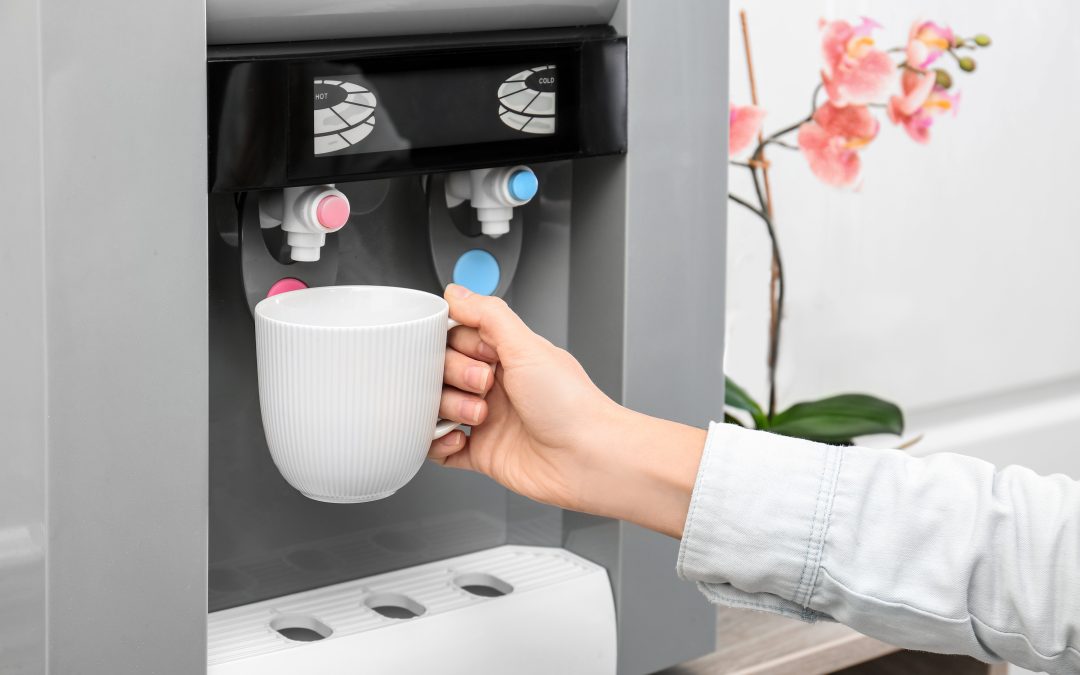Water dispensers have become an integral part of modern living, providing a steady supply of clean, filtered water at the touch of a button. With a range of models and features available, it’s essential to weigh the benefits and drawbacks of using water dispensers to determine their suitability for your needs. This article delves into the advantages and disadvantages of water dispensers to help you make an informed decision.
Benefits of Using Water Dispensers
1. Convenience and Accessibility
Ease of Use: Water dispensers offer immediate access to water, eliminating the need to manually fill up pitchers or bottles. With features like push-button or lever-operated dispensing, getting a glass of water is quick and effortless. Hot and Cold Options: Many water dispensers provide both hot and cold water, catering to a variety of needs, from making instant coffee to enjoying a refreshing cold drink.
2. Cost-Effective
Reduction in Bottled Water Purchases: Investing in a water dispenser can reduce or eliminate the need to buy bottled water, leading to long-term savings. While the initial cost may be high, the reduction in recurring expenses on bottled water can offset this investment. Efficient Use: By using a dispenser, you can also reduce the need for single-use plastic bottles, contributing to cost savings on waste management and recycling.
3. Improved Water Quality
Built-In Filtration: Many water dispensers come equipped with advanced filtration systems that remove contaminants, chlorine, and impurities from tap water, resulting in cleaner and better-tasting water. Enhanced Safety: Regular maintenance and filter replacement ensure that the water dispensed remains free from harmful bacteria and sediments, providing a safer drinking experience.
4. Environmental Benefits
Reduction in Plastic Waste: By using a water dispenser, you significantly cut down on the consumption of single-use plastic bottles, which helps reduce plastic pollution and the environmental footprint associated with bottled water production. Support for Sustainability: Choosing a water dispenser aligns with sustainable practices by promoting the use of reusable containers and supporting environmental conservation efforts.
5. Versatility and Features
Variety of Models: Water dispensers come in various designs, including countertop, floor-standing, and built-in units, allowing you to select one that best fits your space and aesthetic preferences. Additional Features: Some models include features such as refrigeration, ice makers, or even carbonated water options, enhancing their versatility and functionality.

Drawbacks of Using Water Dispensers
1. Initial Cost
Upfront Investment: The cost of purchasing a water dispenser, particularly those with advanced features or high-capacity models, can be significant. This initial expense might be a barrier for some consumers. Additional Costs: Consideration should also be given to the cost of replacement filters and maintenance supplies, which contribute to the overall cost of ownership.
2. Maintenance and Cleaning
Regular Upkeep: Water dispensers require routine cleaning and filter replacement to ensure optimal performance and water quality. Failure to maintain the dispenser can lead to hygiene issues and reduced efficiency. Potential for Bacterial Growth: If not cleaned regularly, dispensers can become breeding grounds for bacteria, leading to potential health risks. Proper maintenance procedures are crucial to avoid this issue.
3. Limited Capacity
Refilling Needs: Some water dispensers, especially smaller models, may need frequent refilling or changing of water bottles, which can be inconvenient, particularly in high-demand settings. Water Storage: The capacity of the water tank can limit the amount of water available at one time, requiring regular monitoring and management to ensure an adequate supply.
4. Noise and Space Considerations
Operational Noise: Certain models may produce noise during operation, such as while heating or cooling water. This noise might be distracting in quiet environments. Space Requirements: Floor-standing dispensers or large units can occupy significant space, which may not be ideal for smaller living or office areas. It’s important to choose a model that fits your available space.
Conclusion
Water dispensers offer a range of benefits, including convenience, cost savings, improved water quality, and environmental advantages. However, they also present certain challenges such as initial costs, maintenance needs, and potential space constraints. By understanding these pros and cons, you can make an informed choice about whether a water dispenser aligns with your lifestyle and needs.
For more insights on choosing the best water dispenser for your requirements, explore Water Filter Dispenser Malaysia for a comprehensive guide and options.



Recent Comments